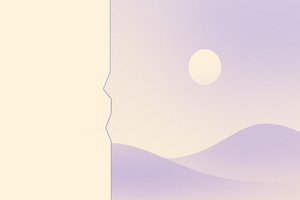I keep circling a question that looks academic on the surface and personal underneath. Do we need something called African Canadian philosophy. I do not mean a new shelf in a department. I mean a way of thinking that helps us live here without constantly translating ourselves into something easier to digest.
The old conversation runs like this. If there are Canadian philosophers who are African, then maybe there is African Canadian philosophy. If the experiences are distinct, maybe the field is justified. If there is underrepresentation, maybe that justifies the case. I read arguments like that years ago and felt unsatisfied. They asked the right preface and then stopped. They did not step into the daily questions that shape an actual life.
I am a Black immigrant in Canada. I have learned how quickly kindness can become a cover for avoidance. You can be welcomed, treated well in conversation, and still feel the hard edges of a system that requires you to keep proving that your competence is real. You can be praised for how well you “fit” and notice that fit often means “less friction for us.”
So when I ask whether we need African Canadian philosophy, I am not angling for a new label. I am asking whether we will commit to a method for seeing clearly in a country that prides itself on being good, sometimes as a substitute for being fair. I want a way of thinking that treats the ordinary as evidence. Bus routes are evidence. Screening calls are evidence. Which accents get trusted is evidence. Whose credentials get discounted is evidence. The smile at the front door is not the full story.
The African plight in Canada does not present as one spectacular wound. It shows up as hundreds of small pressures that add up. The job that sounds promising until the second interview, when someone decides your experience needs to start lower than your resume suggests. The apartment that is somehow taken the moment you show up in person. The conversation that treats anti Blackness as an American import, something unfortunate that blew across the border and will eventually blow back out. The quiet expectation that you will be grateful in a way that asks you not to notice patterns.
If there is a philosophy worth naming, it would begin there, in the ordinary. It would not flatter itself with big declarations. It would stay with the texture of daily life and insist on outcomes. Not being right in a debate. Being useful in a week. That means it would care about how we work, rent, study, parent, lead, and rest. It would care about the timelines on which recognition arrives, if it arrives at all. It would care about how long it takes to replace courtesy with trust, and whether that replacement ever actually happens.
Canada loves committees. Give a problem to a panel and you have done something. It looks like motion. It buys time. I do not think a useful African Canadian philosophy would live there. It would not be content with statements and acknowledgements. It would set a simpler bar. Are conditions changing where people feel the pinch. If not, the writing is not finished.
That does not mean we need a separate intellectual house. Special rooms can be traps. They invite containment. At the same time, the main conversation in Canada often moves slowly, then congratulates itself for moving at all. I am less interested in whether the lens is unique and more interested in whether the lens is clarifying. If naming the lens helps us see and act, good. If the name becomes the work, drop it and get back to the actual problems.
Here are the problems I keep seeing.
African immigrants arrive with degrees and experience that took real time and money, then watch that capital evaporate at the border. Credential recognition is treated like a favor instead of a process. Hiring pipelines pretend to be neutral, then rely on networks that replicate themselves. In tech, people tell neat stories about merit, then hire from places and circles that feel familiar. You do not need open hostility for that to do its work. You need comfort. Comfort will do the sorting.
Narrative is another problem. The story of Black life in Canada is flattened into a single channel, usually centered on particular cities and histories. African stories stand beside that story but are often treated as new or lighter, the “grateful” version. That creates distance where we need proximity. It also feeds a habit of talking about Black experience as if it were mostly a media topic, not an everyday accounting of who gets what chances and at what cost.
A serious approach would ask harder questions about outcomes, not optics. Do African candidates get hired proportionate to their skills. Do salaries converge once people are inside. Do leadership tracks actually open, or do they stall at the same level year after year. Do kids get streamed into the right classes. Do families feel safe enough to challenge a bad decision at a school or a clinic without being punished for it later. Are apartments available when the application includes your last name and your photo. The answers to these questions are the measure, not the posture of the meeting.
There is also the private work we need to do with each other. The category African hides a continent of differences. Language, faith, region, class, colonial history, prejudice carried from home. Canada does not erase those differences. It often lets them sit undisturbed, then uses them as a quiet reason to avoid coalition. A philosophy that starts from our lives here would make room to unlearn what we brought that makes us smaller. It would protect what is beautiful and let go of what keeps us distant from each other.
I also think about the immigrant script that asks us to accept discomfort as dues. It is common to hear that the system is slow with everyone, that patience will pay off, that raising concerns too early will mark you as difficult. Some of that is survival advice. Some of it is a way to train people into silence. A better method would separate tests that build resilience from tests that exist because someone else wants to keep their advantage. The first builds muscle. The second wastes your time. The trick is to know which is which quickly, then act on that knowledge.
If philosophy has a job here, it is to make that distinction clear and repeatable. It should help us decide where to spend energy and when to walk away. It should help us defend our attention. It should help us support one another in ways that do not ask people to perform pain to be believed. It should be precise about what we owe each other, and practical about how to deliver on that. Not as a speech, but as a calendar entry, a transfer, a referral, a signed letter, a door held open.
This is where I land on institutions. The public ones matter. Policy matters. Case law matters. Oversight matters. At the same time, we cannot spend our whole lives waiting for a policy to arrive. We need parallel structures that are not symbolic. Study circles that read contracts and policies so that fewer people get trapped by fine print. Hiring coalitions that pass names with real context and follow through after the offer. Funds that help with the gap between landing and thriving, because the gap is where talented people stall. Mentorship that is honest about class and not just culture, because class is the part we are often shy to name.
All of that can exist alongside lobbying and litigation and reform. It keeps lives moving while the slow work of change tries to catch up. And it preserves dignity. Asking for fairness is not a performance. It is a claim with receipts. The more precise our receipts, the less room there is for the sort of conversation that celebrates how nice we are to each other while avoiding the ledger of who gets what.
The Canada I want is not a cleaner brand, it is a place where fairness feels normal. Normal means you do not have to rehearse in the car before the meeting. Normal means your accent does not register as a risk. Normal means your children are treated as children, not as case studies. Normal means you do not lose years convincing people to believe what you already live.
In my own work, I have learned that groups do not improve because they learn better words. They improve because they make it cheap to tell the truth early. They improve because the systems match the values. They improve because they reward clear decisions and remove rituals that are only there to make leaders feel safe. Everything else is ceremony. Ceremony can be nice. It cannot be the center.
So what would an African Canadian philosophy produce if we actually took it seriously. Fewer panels. More handbooks. Fewer essays that win arguments. More instructions that help a person in a tight spot next Tuesday. Less energy trying to prove the problem exists. More energy spent lowering the cost of action for the person who already knows the problem because it is their life. The writing would be sharp and short. The analysis would be grounded in outcomes. The goal would be simple. Reduce avoidable loss.
Let me say something about access. It is easy to confuse being allowed into a room with winning. Rooms can use you. They can turn you into proof that the place is open while keeping every decision locked. I do not resent access. I am careful with it. The test is simple. Can I change the conditions in this room. If yes, it is worth my time. If no, I do not romanticize it. I take what I can learn, help who I can help, and move on.
There is a quieter cost that shows up after a few years. Translation fatigue. You spend so much time trying to be unthreatening that you shave off parts of your voice you actually need. You learn the safe facial expressions. You become an interpreter for yourself. After a while you forget what you sound like when you are not doing that. A better method would remind us to check for that loss. It would ask us to keep a version of our voice that is not always asking for permission to exist.
I know this sounds severe. Canada does many things well. It has given me love, work, friends, safety I do not take for granted. Gratitude does not close the file. If anything, it raises the standard. You take what is good and then you ask it to be real in places where it still performs. That is the work. Not to scold. To insist that the good be true across all the hours of the week.
When I picture the impact of this approach, I see smaller gaps. The gap between talent and title. The gap between credentials and pay. The gap between welcome and trust. I see more African ownership, not as a slogan, as a balance sheet. I see fewer conversations where people tell you they care and then show you a budget that says they do not. I see more children whose teachers read their brilliance before their behavior. I see the feeling of always being read in advance begin to loosen.
Maybe that is the answer to the original question. Do we need African Canadian philosophy. If by philosophy we mean a new category for citations, I am not sure that is the fight that moves the needle. If we mean a way of paying attention that turns ordinary evidence into better choices and fairer conditions, then yes. We need it. It helps us read the room, the policy, the offer, the email. It helps us pull each other forward without waiting for a perfect invitation. It gives us language that is plain enough to repeat and strong enough to hold.
I started this years ago when I was still figuring out how to place my experience here. I keep returning to it because the question has not lost its edge. The names change. The jobs change. The city changes. The pattern tries to stay. The only way I know to challenge a pattern is to see it clearly and then refuse to give it the privacy it needs to survive. That is the work I am committed to. Not for an argument. For a better week, then a better year, then a better home.
Call it African Canadian philosophy if you want. Or skip the name and apply the method. Either way, the point is the same. Less translation that drains us. More conditions that let us live as our full selves. Fewer rooms that use our presence as cover. More rooms where our presence changes the terms. That is the Canada I want to help build. Not in theory. In the details that make up a life.






